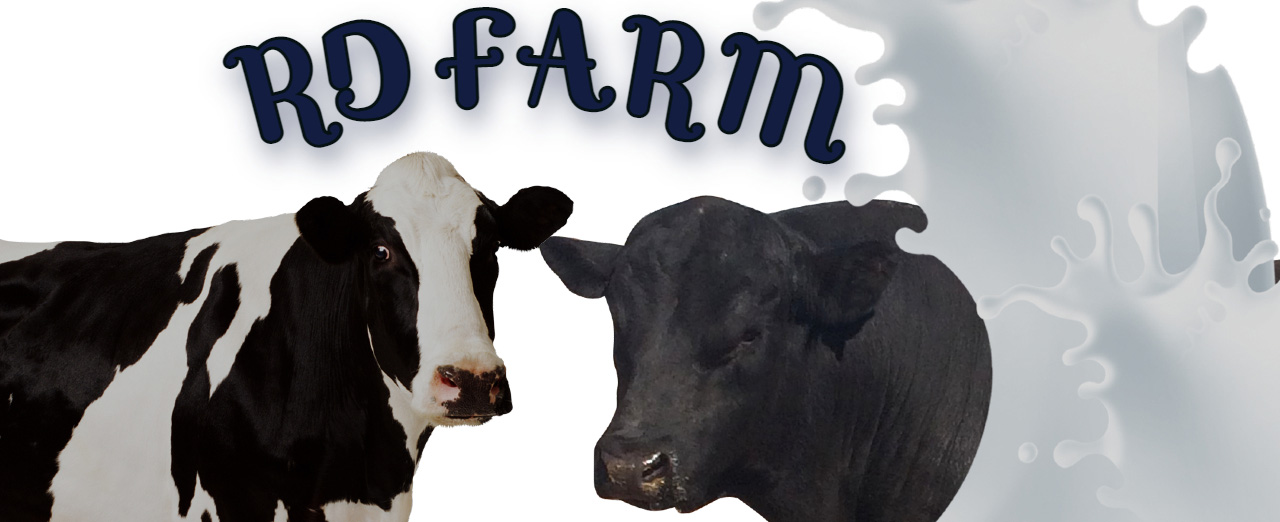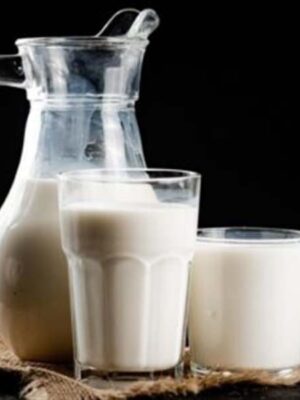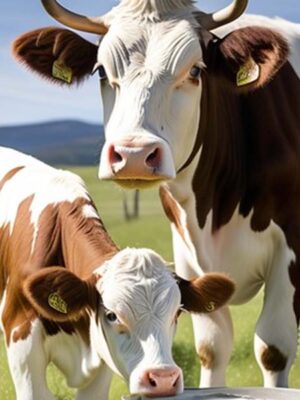Fresh Organic Goat Milk Dubai, Abu Dhabi, Sharjah, Ajman, Al Ain, RAK, Fujairah, Umm Al Quwain – now available across UAE. Whether you’re looking for organic Fresh Organic Goat Milk delivery, buy fresh Fresh Organic Goat Milk near you, or high-quality Fresh Organic Goat Milk in any of these cities, you’re in the right place.
INTRODUCTION:
Goat milk is the milk of domestic goats. Goats produce about 2% of the world’s total annual milk supply. Some goats are bred specifically for milk.
NUTRITIONAL VALUE:
Goat milk proteins contain lower levels of α‐s1‐casein, the protein responsible for most allergic reactions to cow’s milk. Studies have shown that goat’s milk is superior to cow’s milk in relieving symptoms of colic, minor digestive problems, asthma, and eczema.
Goat milk proteins also have anti‐inflammatory and antioxidant properties.
For infants and children who are sensitive to cow’s milk, goat milk is best substitute.
for them as its light on tummy.
Goat’s milk contains an average of 12.2% total solids, consisting of 3.8% fat, 3.5% protein, 4.1% lactose, and 0.8% ash. Compared to cow’s milk, goat’s milk is higher in fat, protein, and ash and lower in lactose.
USAGE:
Drink goat milk. We generally drink water at our home, but there are just some times (often involving chocolate) when a glass of cold, raw goat milk is just right. Pour goat milk on cereal or granola, Goat Milk Yogurt, Goat Milk Cheese, Kefir, Goat Milk Fudge,
Goat Milk Caramel Candies.
STORAGE:
Once the fresh goat milk is received boil the milk immediately then cool down & keep in fridge without lid for 7 hours approx to get cream/ malai, the milk will last for 4 to 5 days approx in +2 +3 celcius
Keywords (click to expand)
Fresh Organic Goat Milk in Dubai, Premium quality available in Dubai, Fresh delivery across Dubai, Trusted supplier near you – Dubai, Order now with fast delivery in Dubai, Our traditional product available in Dubai, Enjoy fresh delivery of this item in Dubai, Looking for freshness in Dubai? Try this now,
Fresh Organic Goat Milk in Abu Dhabi, Premium quality available in Abu Dhabi, Fresh delivery across Abu Dhabi, Trusted supplier near you – Abu Dhabi, Order now with fast delivery in Abu Dhabi, Our traditional product available in Abu Dhabi, Enjoy fresh delivery of this item in Abu Dhabi, Looking for freshness in Abu Dhabi? Try this now,
Fresh Organic Goat Milk in Sharjah, Premium quality available in Sharjah, Fresh delivery across Sharjah, Trusted supplier near you – Sharjah, Order now with fast delivery in Sharjah, Our traditional product available in Sharjah, Enjoy fresh delivery of this item in Sharjah, Looking for freshness in Sharjah? Try this now,
Fresh Organic Goat Milk in Ajman, Premium quality available in Ajman, Fresh delivery across Ajman, Trusted supplier near you – Ajman, Order now with fast delivery in Ajman, Our traditional product available in Ajman, Enjoy fresh delivery of this item in Ajman, Looking for freshness in Ajman? Try this now,
Fresh Organic Goat Milk in Al Ain, Premium quality available in Al Ain, Fresh delivery across Al Ain, Trusted supplier near you – Al Ain, Order now with fast delivery in Al Ain, Our traditional product available in Al Ain, Enjoy fresh delivery of this item in Al Ain, Looking for freshness in Al Ain? Try this now,
Fresh Organic Goat Milk in RAK, Premium quality available in RAK, Fresh delivery across RAK, Trusted supplier near you – RAK, Order now with fast delivery in RAK, Our traditional product available in RAK, Enjoy fresh delivery of this item in RAK, Looking for freshness in RAK? Try this now,
Fresh Organic Goat Milk in Fujairah, Premium quality available in Fujairah, Fresh delivery across Fujairah, Trusted supplier near you – Fujairah, Order now with fast delivery in Fujairah, Our traditional product available in Fujairah, Enjoy fresh delivery of this item in Fujairah, Looking for freshness in Fujairah? Try this now,
Fresh Organic Goat Milk in Umm Al Quwain, Premium quality available in Umm Al Quwain, Fresh delivery across Umm Al Quwain, Trusted supplier near you – Umm Al Quwain, Order now with fast delivery in Umm Al Quwain, Our traditional product available in Umm Al Quwain, Enjoy fresh delivery of this item in Umm Al Quwain, Looking for freshness in Umm Al Quwain? Try this now





